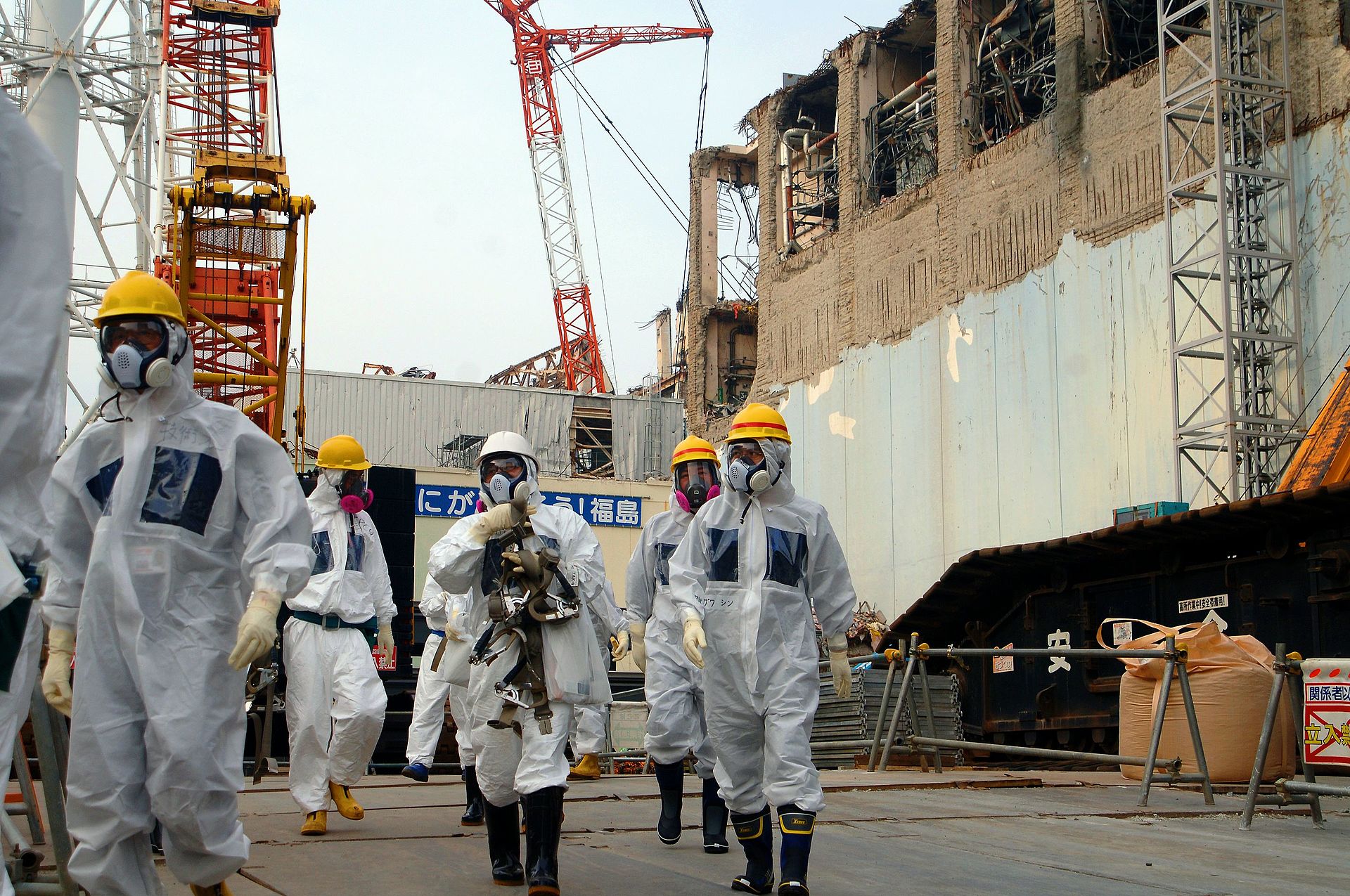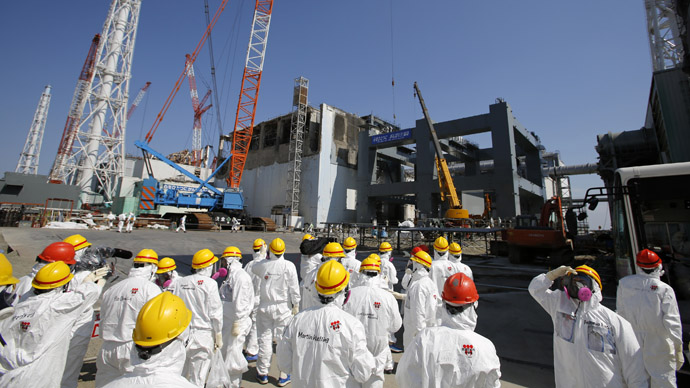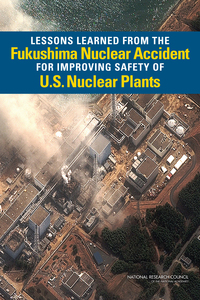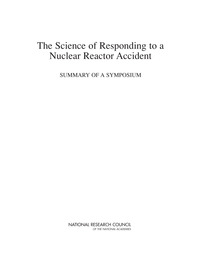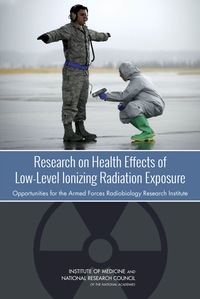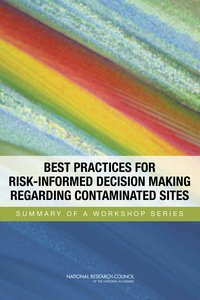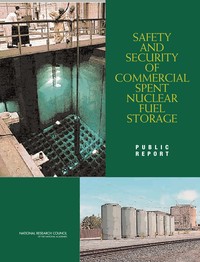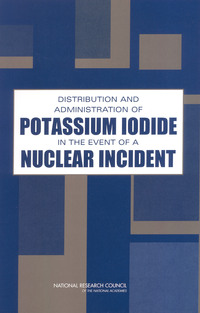This month marks the 8th anniversary of the nuclear accident at the Fukushima Daiichi Nuclear Power Station in Japan. This incident highlights the importance of creating a culture of safety and planning to assure that we are prepared even in situations beyond our expectations. Our reports address best practices and risk management at nuclear facilities, and emergency preparedness and public health response in the event of a nuclear incident. All are free to download.
Lessons Learned from the Fukushima Nuclear Accident for Improving Safety of U.S. Nuclear Plants
The March 11, 2011, Great East Japan Earthquake and tsunami sparked a humanitarian disaster in northeastern Japan. They were responsible for more than 15,900 deaths and 2,600 missing persons as well as physical infrastructure damages exceeding …
The U.S. Congress asked the National Academy of Sciences to conduct a technical study on lessons learned from the Fukushima Daiichi nuclear accident for improving safety and security of commercial nuclear power plants in the United States. This …
Our nation faces the distinct possibility of a catastrophic terrorist attack using an improvised nuclear device (IND), according to international and U.S. intelligence. Detonation of an IND in a major U.S. city would result in tens of thousands …
On August 25-26, 2014, the Instituto de Pesquisas Energéticas e Nucleares (IPEN) and the National Research Council of the U.S. National Academy of Sciences convened the Brazil-U.S. Workshop on Strengthening the Culture of Nuclear Safety …
Safety and Security of Commercial Spent Nuclear Fuel Storage: Public Report
In response to a request from Congress, the Nuclear Regulatory Commission and the Department of Homeland Security sponsored a National Academies study to assess the safety and security risks of spent nuclear fuel stored in cooling pools and …
Science and Technology for DOE Site Cleanup: Workshop Summary
The Department of Energy’s Office of Environmental Management is developing a technology roadmap to guide planning and possible future congressional appropriations for its technology development programs. It asked the National Research Council of …
Distribution and Administration of Potassium Iodide in the Event of a Nuclear Incident
Radioactive iodines are produced during the operation of nuclear power plants and during the detonation of nuclear weapons. In the event of a radiation incident, radioiodine is one of the contaminants that could be released into the …
Assessing Medical Preparedness to Respond to a Terrorist Nuclear Event: Workshop Report
A nuclear attack on a large U.S. city by terrorists–even with a low-yield improvised nuclear device (IND) of 10 kilotons or less–would cause a large number of deaths and severe injuries. The large number of injured from the detonation and …
